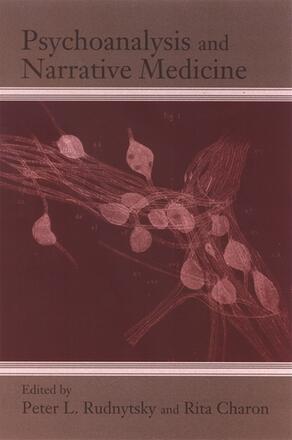
Psychoanalysis and Narrative Medicine
Alternative formats available from:
Contributors explore the significance of literature and psychoanalysis for medical education and practice.
Description
In this pioneering volume, Peter L. Rudnytsky and Rita Charon bring together distinguished contributors from medicine, psychoanalysis, and literature to explore the multiple intersections between their respective fields and the emerging discipline of narrative medicine, which seeks to introduce the values and methods of literary study into clinical education and practice. Organized into four sections—contextualizing narrative medicine, psychoanalytic interventions, the patient's voice, and acts of reading—the essays take the reader into the emergency room, the consulting room, and the classroom. They range from the panoramas of intellectual history to the close-ups of literary and clinical analysis, and they speak with the voice of the patient as well as the physician or professor, reminding us that these are often the same.
Peter L. Rudnytsky is Professor of English at the University of Florida and editor of the journal American Imago. Rita Charon is Professor of Clinical Medicine and Director of the Program in Narrative Medicine at Columbia University and coeditor of the journal Literature and Medicine.
Reviews
"This book is stunning. " — Metapsychology
"What is unique to this volume, as coeditor Peter Rudnytsky emphasizes in his excellent introduction, is the integration of psychoanalysis into the literature-medicine dyad. " — New England Journal of Medicine
"This brilliant volume takes the reader on a fascinating journey through the landscape of a new field—narrative medicine—using psychoanalysis as the lens through which to observe the terrain. The editors have gathered a hugely diverse group of authors who present the many different ways that doctors and patients and society communicate and fail to communicate about illness and disease. Psychoanalysis, philosophy, literature, sociology, history, as well as psychology, neuroscience, and medical experience and practice are all brought into the service of understanding this important new area of medical care. " — Arnold M. Cooper, MD, Professor Emeritus in Consultation-Liaison Psychiatry at Weill Cornell Medical College
"These essays offer diverse but always fascinating perspectives on the interplay of mind, body, and culture in the complementary mysteries of disease and of the relationship between healer and sufferer. " — Arthur W. Frank, author of The Wounded Storyteller: Body, Illness, and Ethics